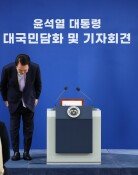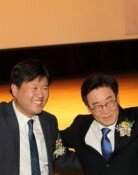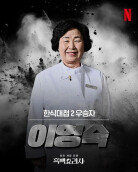Less Ideology In New Chinese Textbook
Less Ideology In New Chinese Textbook
Posted September. 02, 2006 07:00,
Mao is down, Gates is up. This is what has happened to the new Chinese government designated textbook of history. Instead of Marxism and Mao Zedong, the Chinese official ideology and historical leader of Chinese Communist Party (CCP), the new textbook devotes increasing space to Bill Gates, the Chairman of Microsoft, and Japanese Shinkansen high-speed trains.
Meeting with the official approval of Chinese education authorities, the new history textbook emphasizes the significance of the Industrial Revolution and the information revolution instead of the class struggle and Socialist movement. It is a good example that shows China now experiences ideological change in education, accepting the current of the times.
China Youth (Zhongguo Qingnian), the International Herald Tribune and other papers reported recently that the new textbook, which is adopted for experimental education in some places like Shanghai and Qingdao this fall, will be used throughout China in 2010.
The most distinctive feature of the new textbook is the fact that it considerably reduced the proportion that was dedicated for introducing Communist society before the Reformation Era.
Still introduced as an ideology that guides the future, the Communist Society section has been curtailed to only one of the 52 chapters that make up the book, and communist society before the reform is mentioned with only one paragraph.
Mao, a towering figure in the history of Communist China, is referred to only once and the Long March and Nanking Massacre, traditionally explained in detail, are less emphasized.
Specifically, Marxism-Leninism, which has taken the major part of the history textbook since the 1950s, is now facing a danger of being eliminated. The industrial revolution and information revolution also undermines the advocacy of Socialist revolution significantly. Instead, JP Morgan, Bill Gates, the stock market of the U.S. and bullet trains have newly arisen as major topics.
In addition, the theory of The Three Representatives, former President Jiang Zemins philosophy, and the harmonious society philosophy of President Hu Jintao are strongly emphasized. By contrast, it decreased explanations about ancient history including Qin Shi Huang.
Most historians positively evaluate the revision of textbook. However, there is also criticism.
Most scholars think the direction of revision is on the pursuit of stability and development along with the current world, avoiding clashes with extreme or violent views.
However, some point out the new textbook has lessened too much description of original history and gives undue value to culture and modern technology.
orionha@donga.com







